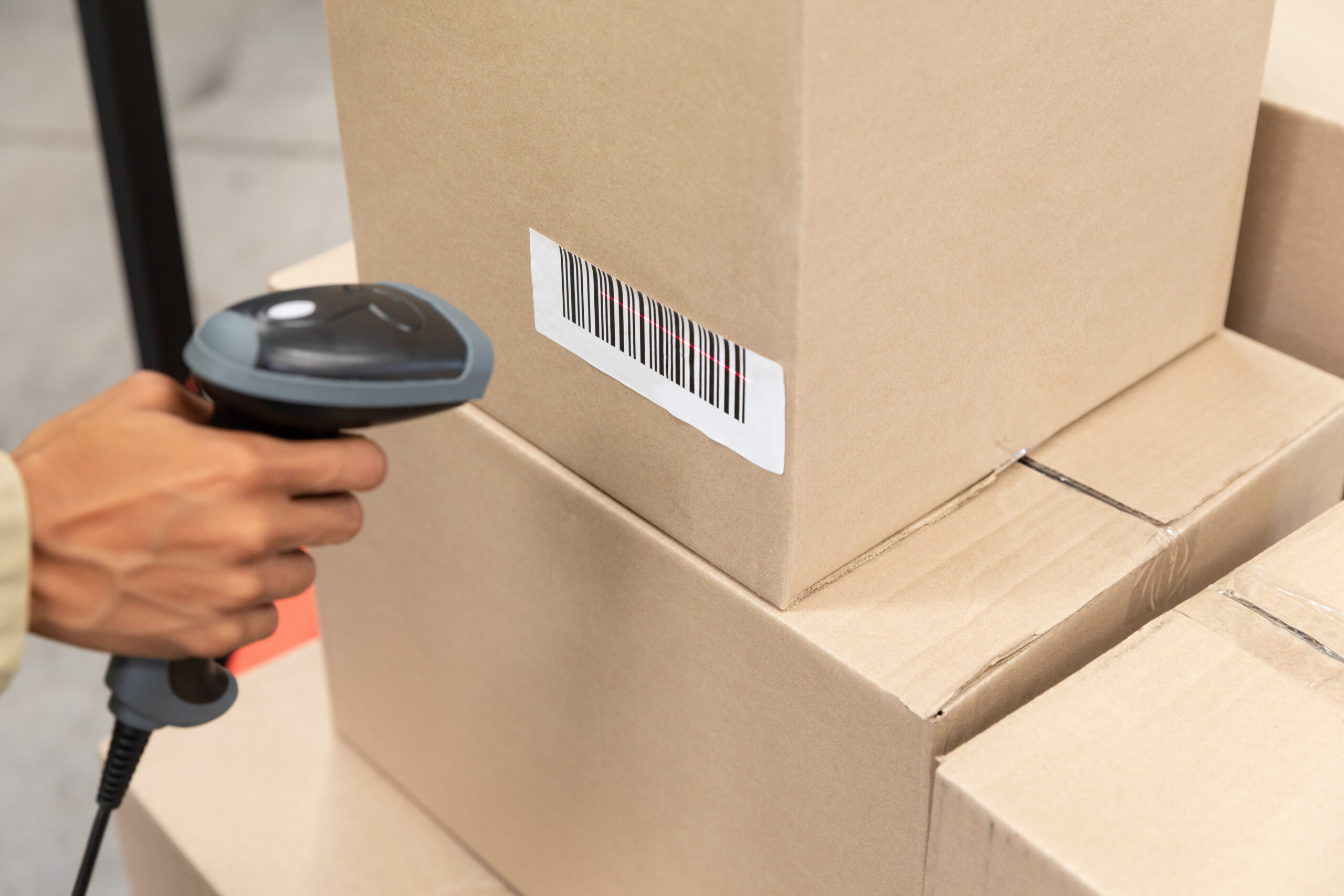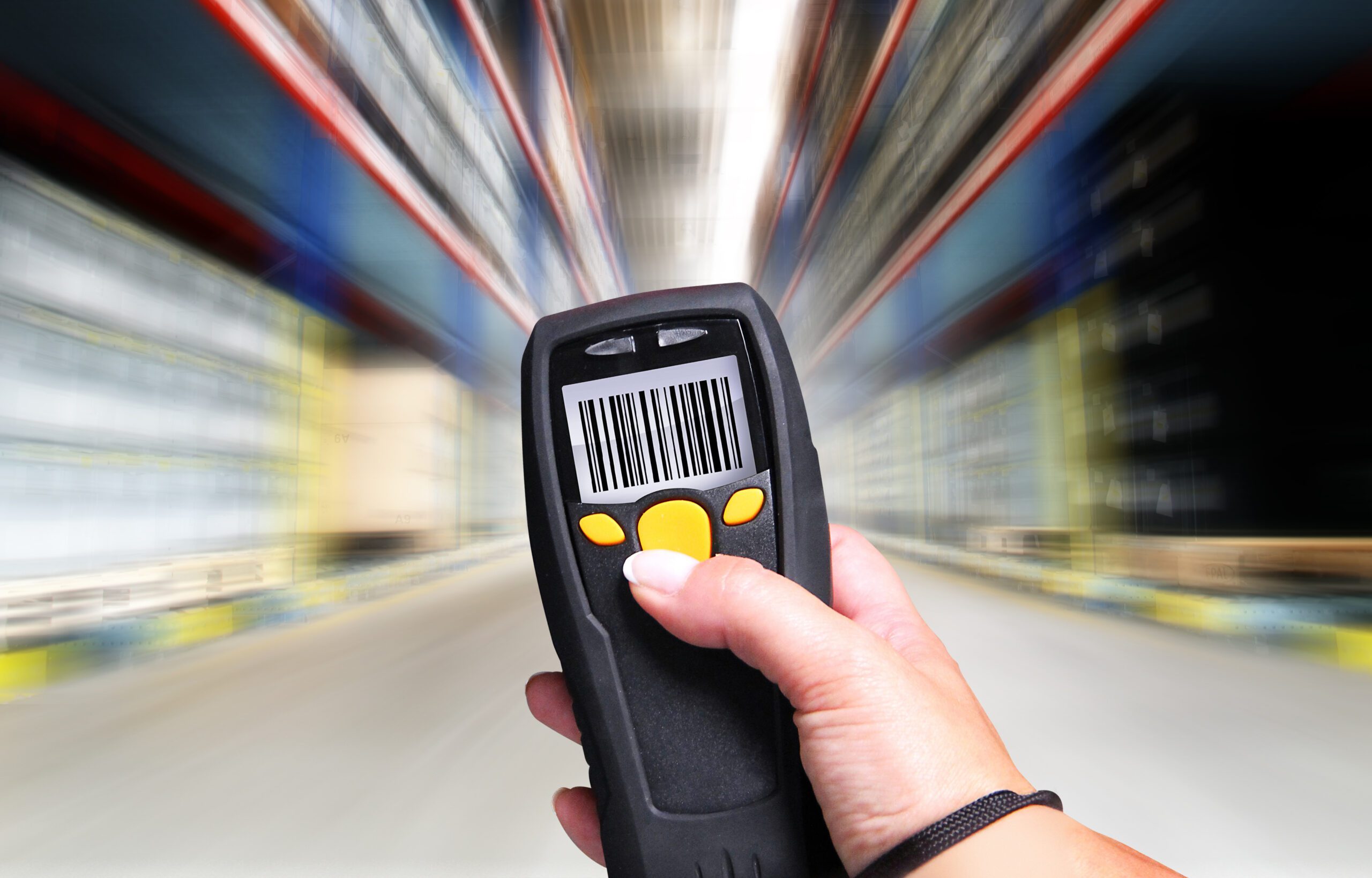Barcode asset tracking is a system that utilises barcode labels or tags to track and manage assets efficiently. Each asset is assigned a unique barcode or QR code that contains relevant information about the asset, such as its identification number, location, maintenance history, and other details.
With barcode asset tracking, assets can be easily identified and tracked throughout their lifecycle using handheld scanners or mobile devices. The barcode or QR code is scanned, capturing the asset data, which is then stored in a centralised database or asset tracking software.
This data can be accessed and updated in real-time, providing accurate and up-to-date information about the asset’s whereabouts, status, and maintenance requirements.
The barcode asset tracking system offers several advantages. It eliminates manual data entry errors and saves time by automating the data capture process. Scanning the barcode or QR code retrieves asset information, reducing the need for manual searching and data input.
Benefits of Barcode Tracking
Barcode tracking offers several benefits for businesses, including:
Better speed
Asset tracking QR code significantly improves the speed of asset management processes. Scanning a barcode or QR code quickly and efficiently allows for rapid data capture and retrieval.
It saves time compared to manual methods of asset tracking, such as manual data entry or searching through paper records.
Enhanced accuracy
Barcode tracking eliminates manual data entry errors and minimises the risk of human error. Scanning the barcode or QR code ensures accurate and consistent data capture, reducing the chances of mistakes or discrepancies in asset information. It leads to improved data integrity and reliability.
Cost efficiency
Barcode asset tracking is a cost-effective solution for managing assets. It eliminates the need for manual record-keeping, reduces paperwork, and minimises the risk of asset loss or misplacement.
By streamlining asset tracking processes, businesses can save time, reduce labour costs, and optimise resource allocation.

Reduction in errors
Barcode tracking helps in minimising errors associated with manual asset tracking. Human errors, like incorrect data entry or misplaced assets, can have significant repercussions.
By using barcode labels or QR codes, businesses can ensure accurate identification and tracking of assets, reducing errors and improving overall operational efficiency.
Transform from current manual tracking to automated tracking
Organisations can take the following steps to transform from manual asset tracking to automated tracking.
Implement barcode scanning systems
Introduce barcode asset tracking by affixing unique labels or QR codes to each asset.
Utilise handheld scanners or mobile devices to scan the barcodes and capture asset data efficiently. It enables quick and accurate data entry, reducing errors and saving time.
Integrate considering existing asset tracking systems
Consider integrating the new system with existing asset-tracking software or databases when transitioning to barcode asset tracking.
It ensures seamless data synchronisation and avoids the need for duplicate data entry or manual transfers.
Training and onboarding staff for barcode and ticket scanning
Provide comprehensive training to employees on using barcode scanning devices and the ticket scanning system effectively.
Ensure they understand the importance of accurate scanning and how it enhances asset tracking processes. It empowers staff to adapt to the new system and maximise its benefits.
Streamline asset inventory management through scanning
Utilise barcode scanning to streamline asset inventory management. Scan assets during acquisition, transfers, and disposals to update their location and status in real-time.
It enables accurate inventory tracking and helps prevent loss or misplacement of assets.

Conduct quick audits and reconciliation with scanning technology
Leverage the scanning technology to conduct regular audits and reconcile asset records efficiently. Scan assets during audits to verify their presence, condition, and data accuracy. It allows for quick identification of discrepancies and ensures data integrity.
Summary
Transitioning from manual asset tracking to automated tracking through barcode and ticket scanning is a transformative step for businesses.
Barcode asset tracking involves using unique labels or QR codes attached to assets scanned using handheld devices.
This shift offers numerous advantages, including improved speed, accuracy, cost efficiency, and reduced errors.



